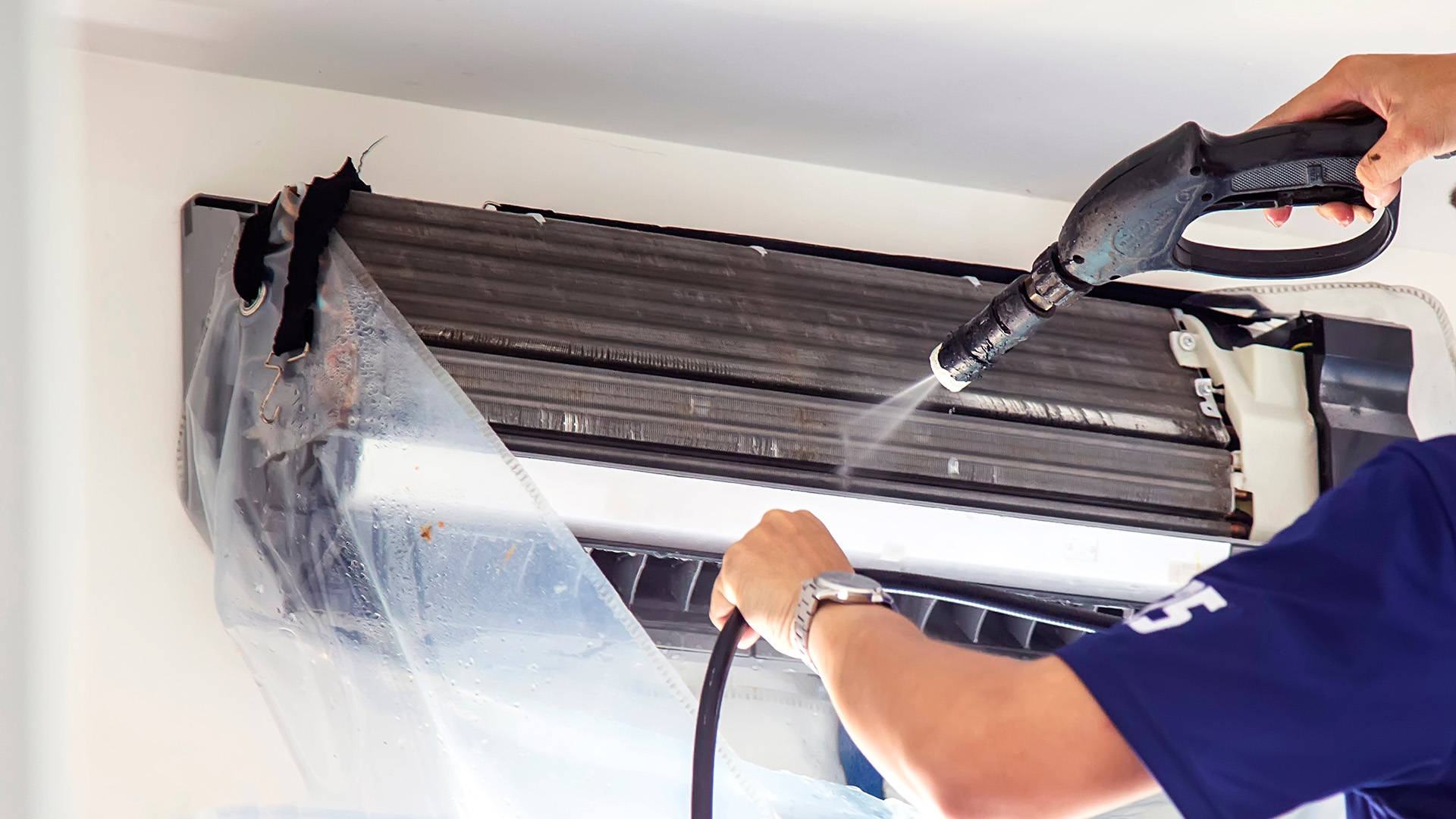Energy Efficiency: Diminishing Your HVAC Expenses

In today’s world, energy efficiency is a critical concern for homeowners and businesses equally. A major opportunity where energy savings can be achieved is through heating, ventilation, and air conditioning systems. If you are seeking to lower your energy bills or enhance the comfort of your living or working environment, comprehending the fundamentals of HVAC stands as essential.
This introductory guide will examine the concept of HVAC is, offering you the understanding needed to tackle frequent HVAC issues and maintain your system properly. This guide will cover practical tips for boosting energy efficiency, ranging from selecting the right HVAC system to adjusting thermostat controls for different times of the year. Participate as we explore the methods that can help you lower expenses while ensuring a comfortable atmosphere all year long.
Grasping Heating, Ventilation, and Air Conditioning

Heating, Ventilation, and Air Conditioning, which stands for Heating, Ventilation, and Air Conditioning, is vital for providing comfortable indoor spaces. It includes multiple systems that control temperature, moisture, and indoor air quality in domestic and commercial settings. These mechanisms cooperate to establish a balanced environment, making sure that the heat is evenly spread during colder seasons and that cold air moves during the warmer months.
The operation of an HVAC setup can be categorized into three primary parts: warming, ventilation, and cooling. Heating units, such as boilers and heat pumps, produce thermal energy, while cooling systems provide cold air to give relief from high temperatures. Air exchange is the activity of exchanging air inside a building to eliminate humidity, smells, and contaminants, thereby boosting indoor air quality. Grasping how each of these elements works enables homeowners and businesses customize their HVAC installations to meet their unique needs.
When investing in an HVAC solution, aspects like energy efficiency, price, and the size of the space must be considered. Modern HVAC units are increasingly engineered with energy-saving features that reduce both environmental impact and utility bills. The newest technologies, such as intelligent climate controls and zoned heating and cooling, offer homeowners enhanced command over their heating and air conditioning, highlighting the importance of stay informed about choices and advancements in the field. This insight can result in improved comfort and considerable savings over time.
Maximizing Energy Conservation
To enhance energy efficiency in your HVAC system, start by making sure that it is correctly sized for your home. An too large system can lead to short cycling, where the system operates intermittently, wasting energy and leading to wear and tear. Conversely, an undersized system may have difficulty to keep acceptable temperatures, leading to extended run times and higher energy bills. Get advice from a professional to find out the appropriate size for your HVAC system based on your residence's square footage, insulation, and other factors.
Consistent maintenance is key to keeping your HVAC system running effectively. Set up seasonal inspections to clean components, check coolant levels, and change filters as needed. Dirty filters can restrict airflow and make your system work more, which boosts energy consumption. Additionally, ensuring that coils and fans are clean can help maximize airflow and efficiency, ultimately reducing your energy costs and prolonging the duration of your appliances.
Incorporate smart technology into your HVAC system for better energy conservation. https://www.abacusplumbing.net/air-conditioning/ allow you to set heating and cooling schedules based on your daily routine, ensuring that energy is not spent unnecessarily when you're not home. They can also learn your preferences over time and adjust settings without your input for best comfort. Moreover, consider temperature zoning that allow you to heat and cool individual zones of your house separately, providing enhanced temperature control and further reducing your energy bills.
Caring for Your HVAC System
Regular maintenance of your HVAC system is crucial to guarantee optimal performance and longevity. Begin by checking and replacing air filters every 1-3 months, as clogged filters can obstruct airflow, decreasing the efficiency of the system and leading to higher energy costs. Additionally, maintain the area around your outdoor unit clear of debris such as leaves, grass clippings, and snow to ensure proper airflow and operation.
Seasonal tune-ups are necessary for maintaining the efficiency of your HVAC system. Arrange a professional inspection at least a single time a year, best in spring for air conditioning units and fall for heating systems. During these inspections, a technician can maintain components, check for refrigerant leaks, and ensure all electrical connections are secure. This proactive approach merely extends the life of your system but can also avert costly repairs down the line.
Furthermore, homeowners should be watchful for any warning signs that could indicate a need for repair. Pay attention to strange noises, rising energy bills, or inconsistent temperatures throughout your home. Addressing these issues promptly can save you from more extensive problems and help maintain a comfortable indoor environment. By committing to regular maintenance and staying informed about your system’s performance, you can enjoy efficient heating and cooling for years to come.
